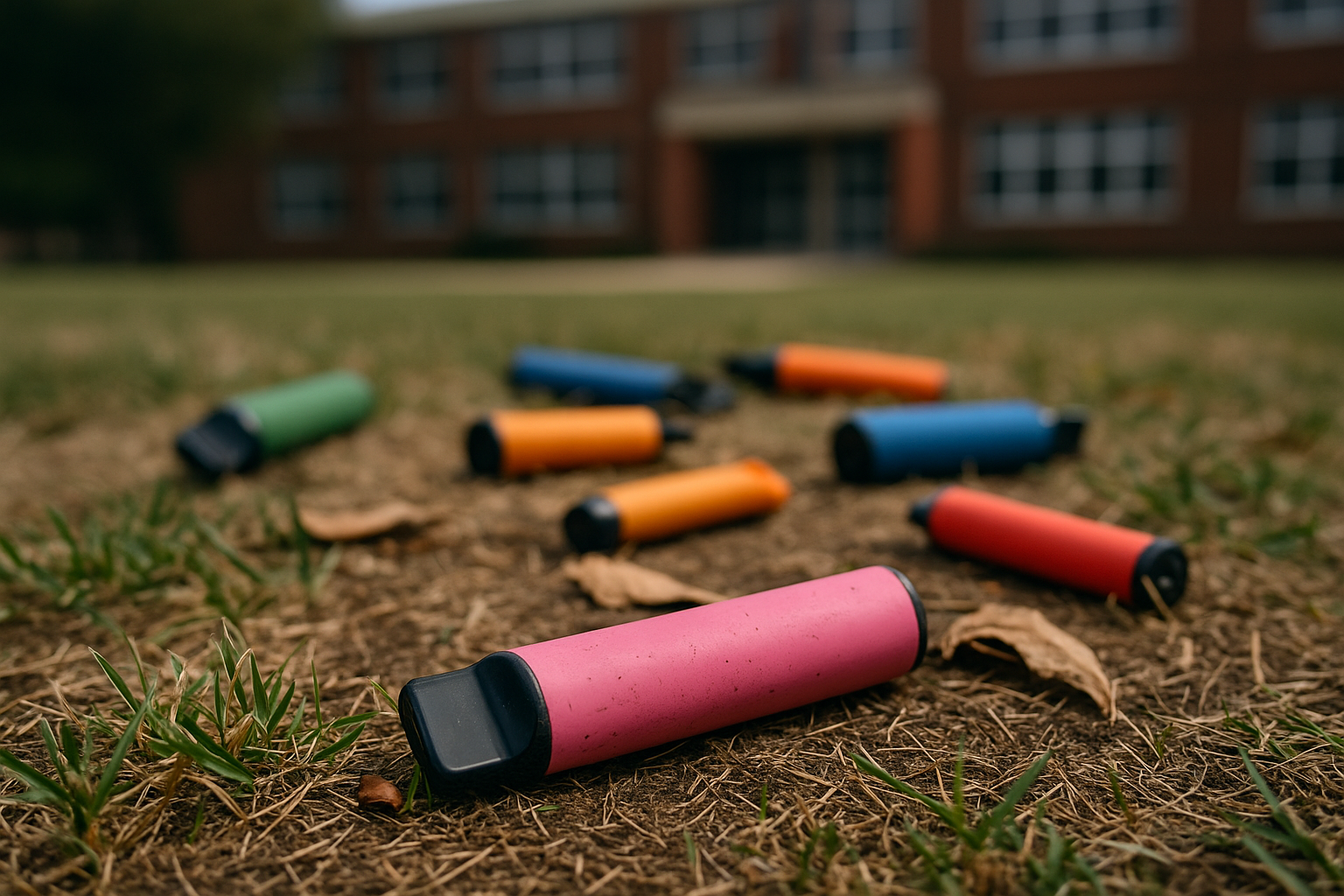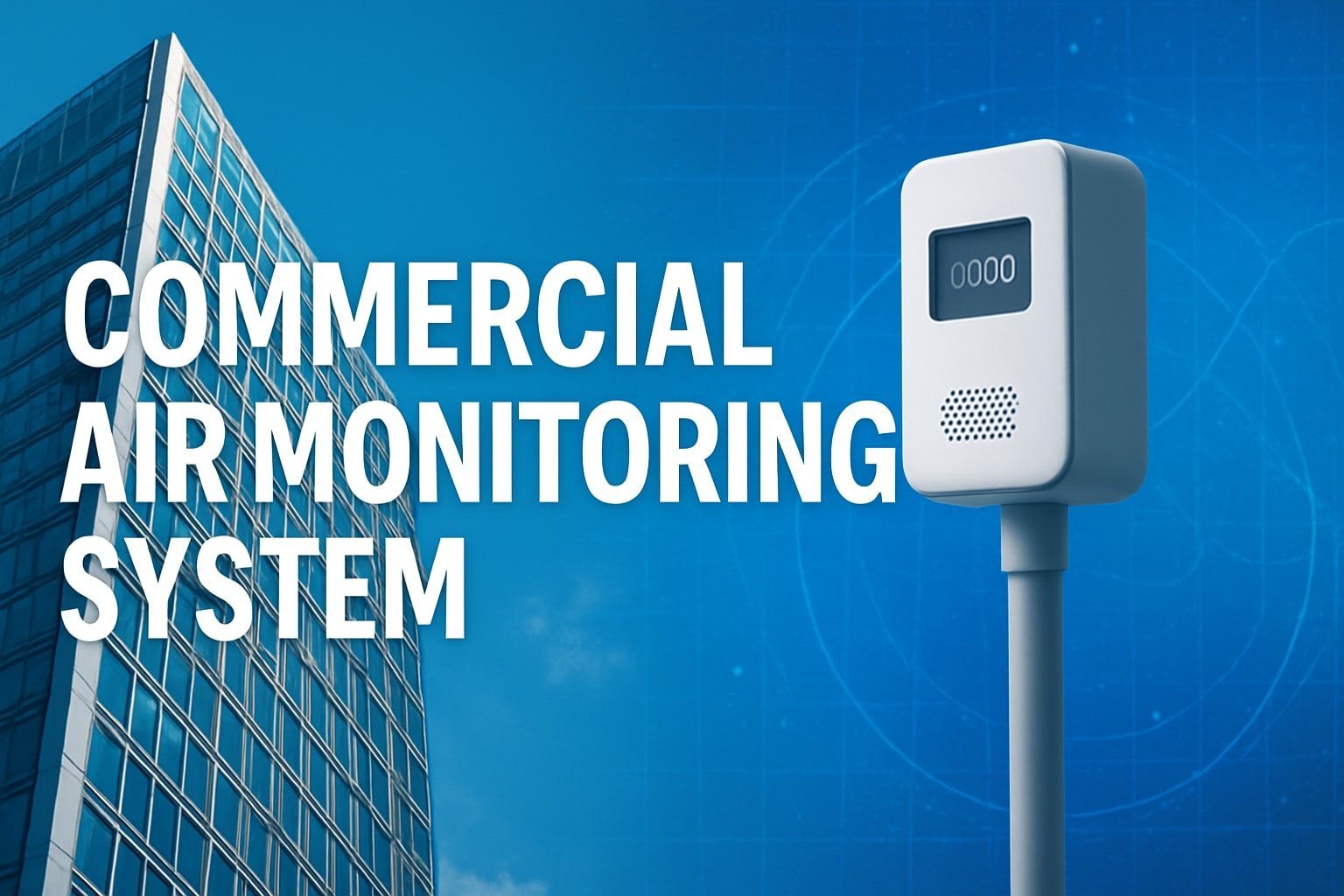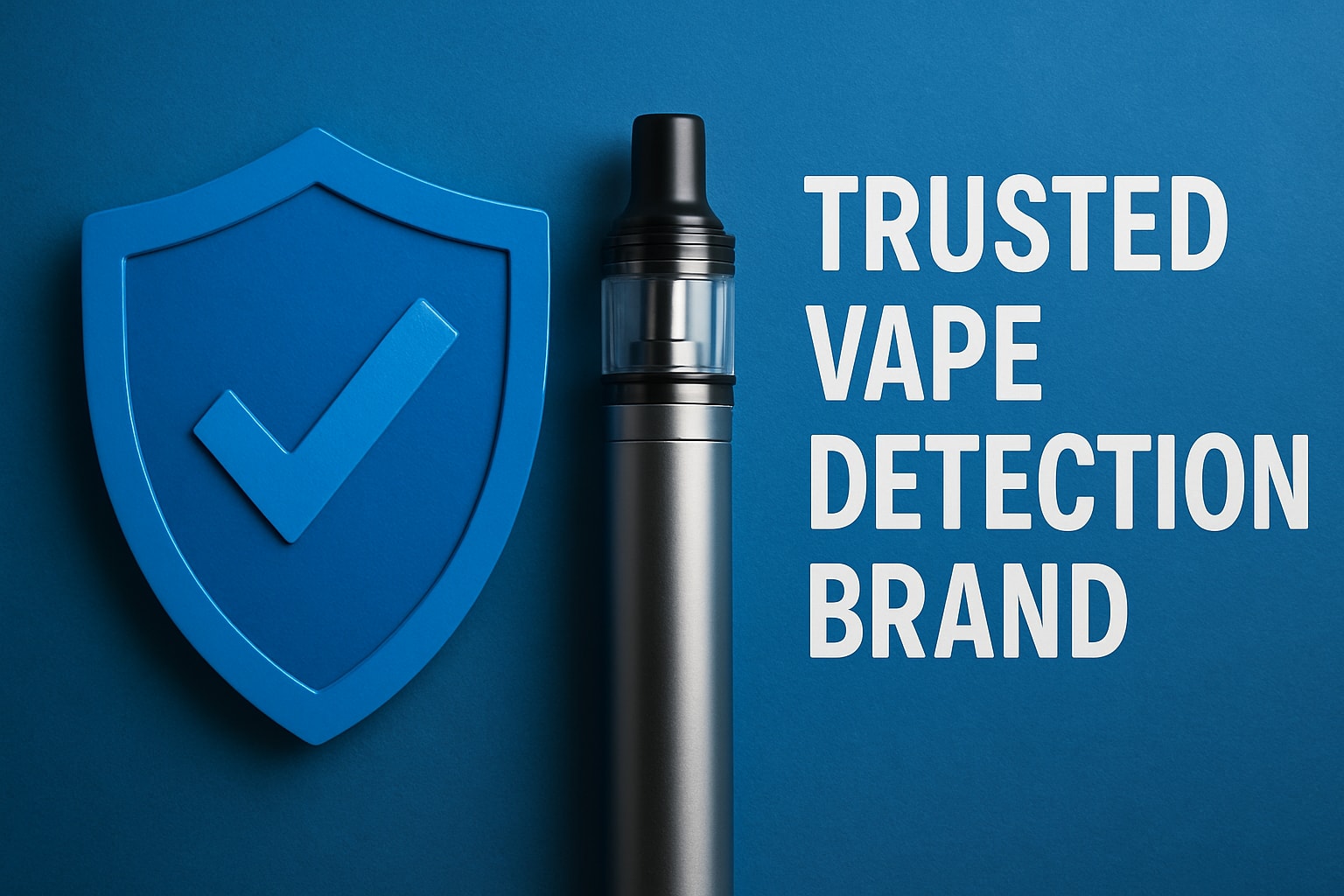Let’s be clear: the UK’s upcoming disposable vape ban was not introduced to protect children from the harms of nicotine addiction. Despite how it has been framed in headlines, this is an environmental move — and while that is an important issue, it is not the one dominating playgrounds, school toilets, and teenage bedrooms.
Each week, over five million disposable vapes are thrown away in the UK. The lithium batteries, plastic casings and toxic e-liquid residue contribute to a growing ecological crisis. The ban aims to reduce this surge in waste. Rightfully so. But let us not confuse this with a serious attempt to tackle underage vaping.
In fact, this legislation highlights something far more concerning: how easily private companies can move faster than public policy.
The Innovation Loophole
Within weeks of the announcement, several vape brands had already adapted. New refillable and rechargeable products appeared — devices that avoid the definition of “disposable” but offer the same experience, in the same flavours, using the same bright packaging. The design may be different, but the appeal to young people remains exactly the same.
This reveals a key truth that policymakers continue to overlook: technology and profit-driven companies will always move faster than regulation.
Vape companies are financially motivated to find gaps in the rules. They have the resources to innovate quickly, while government processes remain slow, bureaucratic and often years behind youth culture and digital trends. While we wait for the next consultation or committee review, thousands of young people are picking up a vape for the first time.
Where Policy Is Falling Short
If the government is genuinely serious about tackling underage vaping, then its efforts need to shift away from policy discussions and towards real support on the ground.
Let us look at the environment where most young people first come into contact with vaping: school.
According to Action on Smoking and Health (ASH), 69 percent of 11 to 17-year-olds who vape regularly say they were given a vape by a friend, and 22 percent say they bought it from a shop. Schools have become the frontline of the vaping problem — and yet they remain drastically under-resourced.
At present, schools are expected to manage a growing addiction issue with little more than posters, assemblies and teacher conversations. Some have introduced vape detection systems, but many are doing so without any help or funding.
What Real Action Looks Like
If we are to seriously reduce youth vaping, then schools need:
-
Funding for vape detection and air quality systems
-
Access to youth-focused educational materials that actually resonate
-
Partnerships with technology firms that can identify trends early
-
Support staff trained in nicotine addiction and intervention
And above all, they need government backing — not just statements, but actual funding, infrastructure and recognition of where influence really takes place.
A Wake-Up Call
Vaping is not just a health issue — it is a youth culture issue. Treating it simply as a product issue, like banning one type of vape, misses the wider point. This is a behavioural, cultural and environmental problem.
We need to stop pretending that piecemeal bans are enough. They are not. They are easily avoided and usually miss the target.
Instead, we should ask the more important question: how do we make the spaces where young people spend most of their time — schools, homes, social media — less vulnerable to vaping culture?
That is the real challenge.
And that is where the government must take meaningful action.
Need Support?
If your school, organisation or local authority is facing rising concerns around vaping among young people, Vape Guardian is here to help.
We work with schools across the UK to provide vape detection systems, data insights, staff training and student-led education.
Contact us today for practical advice and solutions that actually work in real school environments.
👉 Visit vapeguardian.com or email help@vapeguardian.com to speak with a specialist.
Let’s work together to protect the next generation.











Share:
Beyond the Ban: What the UK’s New Vape Laws Really Mean for Public Health, Enforcement and the Market
Elevating Vape Standards: a Call for Rigorous Regulation